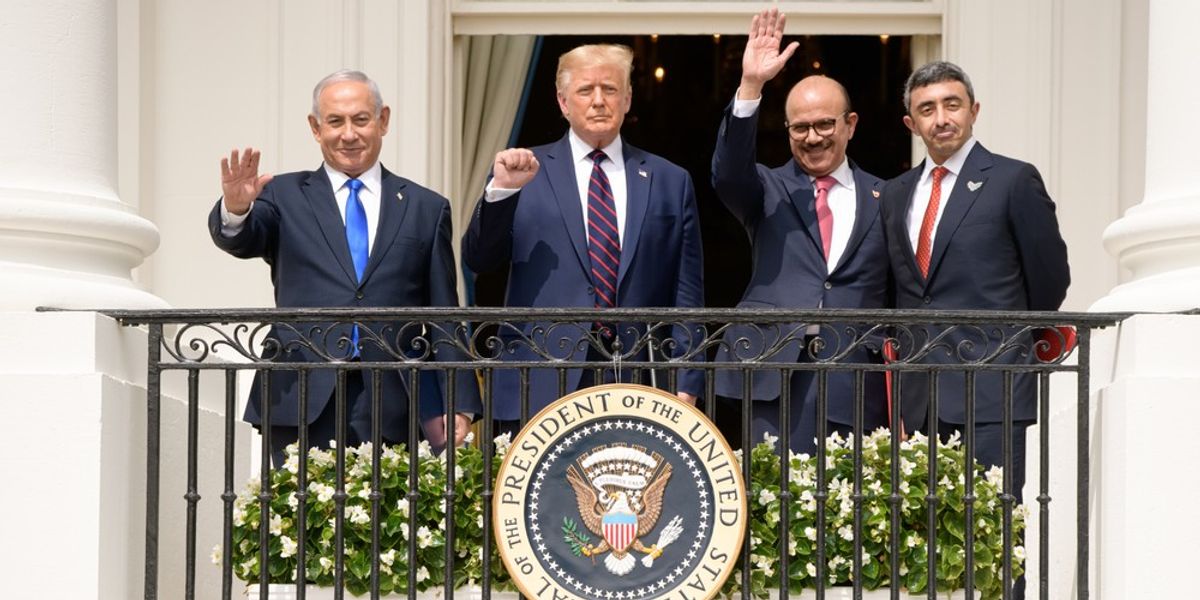Steven A. Cook

Israel is not the only Middle Eastern power that has a tortured relationship with the Gaza Strip. Although it’s not a combatant in the current war, Egypt has played an important role in the immiseration of Gazans over the past 16 years, as together with Israel it has sealed the air, land, and sea borders around the strip.
Keeping Hamas out of the Sinai Peninsula has been an imperative for the Egyptian government since at least 2007, when the Islamist group defeated the security forces of the Ramallah-based Palestinian Authority in Gaza in a short civil war. Hamas’s success could inspire extremists in Egypt, Cairo reasoned, and so the blockade of the strip served Egypt’s interests as well as Israel’s.
The last round of violence in Gaza took place in 2014, a year after Major General Abdel Fattah al-Sisi came to power in Egypt in a coup d’état that overthrew Mohamed Morsi, a member of the Muslim Brotherhood. Then, Egyptian leaders reasoned that having Israel mortally damage Hamas, itself a late-1980s creation of the Palestine branch of the Brotherhood, would greatly diminish the Islamist threat to both countries. And so Egypt privately counseled Israel to destroy Hamas. But the Israelis demurred, fearing the chaos and power vacuum that would likely result.















